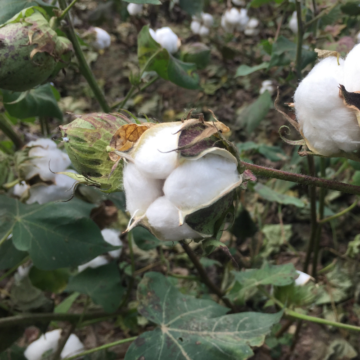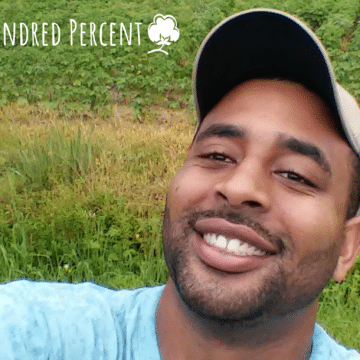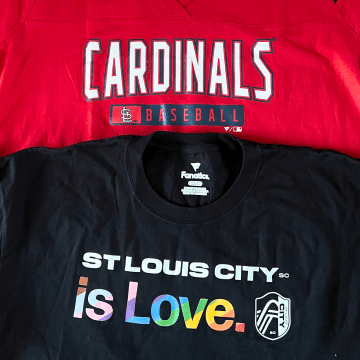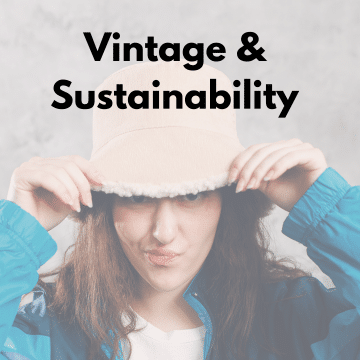 Today a friend of mine has a post on the company blog that, with the exception of growing up in Texas and the whole mom thing, feels like I could have written it. Like Molly, I have friends or people I meet when I’m out and about, show some sense of surprise when the conversation turns to where we all work. When I say I work in agriculture that’s usually surprising but it goes up a notch when I explain I work for Monsanto (reminder as the footer says, this is my personal blog). Sometimes people want to dismiss it as “everyone needs a paycheck” and I have to explain that’s not it. I have a lot of choices. Other times people want to help me see the error of my ways. I usually explain that I choose to work here because I am a true believer in agriculture. I want to make a difference.
Today a friend of mine has a post on the company blog that, with the exception of growing up in Texas and the whole mom thing, feels like I could have written it. Like Molly, I have friends or people I meet when I’m out and about, show some sense of surprise when the conversation turns to where we all work. When I say I work in agriculture that’s usually surprising but it goes up a notch when I explain I work for Monsanto (reminder as the footer says, this is my personal blog). Sometimes people want to dismiss it as “everyone needs a paycheck” and I have to explain that’s not it. I have a lot of choices. Other times people want to help me see the error of my ways. I usually explain that I choose to work here because I am a true believer in agriculture. I want to make a difference.
Molly does a great job capturing my thoughts as she speaks for herself. The blog post reads:
This is a question I hear again and again from new friends, surprised to hear that I work for Monsanto. Their surprise is certainly understandable. I don’t exactly fit the stereotype. I’m politically progressive, I shop at my local natural food store and the local farmers’ markets, and I belong to natural parenting and attachment parenting mommy groups. I’ve got my own little organic garden growing in pots out on my back porch. I even cloth diaper my baby.
So why on earth would I find myself working at a place like Monsanto? Everyone who’s ever read anything on the internet knows what they say about Big Bad Monsanto. So why does someone like me, a liberal, political activist, lactivist, environmentalist, marginal locavore, and attachment parenting advocate work for a company like that?
Here’s what I tell my friends:
I didn’t fall into a job and Monsanto. It wasn’t something that just happened. I actively sought a position with the company. I wanted to work here, because I believe the work we are doing has a positive impact on the environment and the world.
I’ll use cotton as an example. I grew up in the Brazos River Valley in Texas, and cotton is something I know a little about. My family used to go every year to a local cotton gin festival. We took tours of the cotton gins. I learned about pickers, strippers, modules, and bales in 4H. And it was always fun to pick up the leftover fluff at the side of the road to play with, pick the seeds out, and comb it until it was soft enough to go into a doll bed.
(continued at You work where? | Beyond the Rows)
I am passionate about agriculture. I love working with farmers and especially enjoy knowing I’m making a positive difference. And I’ve worked for a few companies and made a conscious choice to join Monsanto. I talk to farmers almost daily — whether they use biotech or choose not to, heck, some of my friends are organic farmers, and I really think that we are all better by sharing information freely. With only two percent of America involved in agriculture, we have to look at how all of us can do better to meet the challenges ahead. And in case anyone is interested, agriculture of all sorts is always taking applications! I’d love to see more folks joining our ranks! At Monsanto, on the farm or wherever!
What are things that people are surprised to hear about you?





Whether or not I agree with Monsanto and its operations, I strongly support agriculture advocacy and that you are helping by putting a friendly face and good info out there for everyone to see.
Thank you. That’s a really nice compliment. If you ever have questions about Monsanto & what we do, or would like a viewpoint from an employee, I’d be glad to talk through it.
Of course Molly would eat organic when she knows the dangers that Monsanto products are creating in the world.
Growing an organic garden is different than choosing to purchase it only which requires farming organically on a larger scale
How do you feel about those farmers who get sued because Monsanto patented seeds are accidentally blown on their land?
I have read a lot of court documents and talked to a lot of people and have come to the conclusion that the farmers sued have not been victims of accidental pollen flow or adventitious presence. That seems to be a very clear line of inquiry based on testimony, testing programs, etc and I feel the facts have been well established. Additionally, there was recently a case where people alledged they felt threatened about the possibility and the courts did an extensive review and dismissed the case https://www.npr.org/blogs/thesalt/2012/02/27/147506542/judge-dismisses-organic-farmers-case-against-monsanto provides more information.